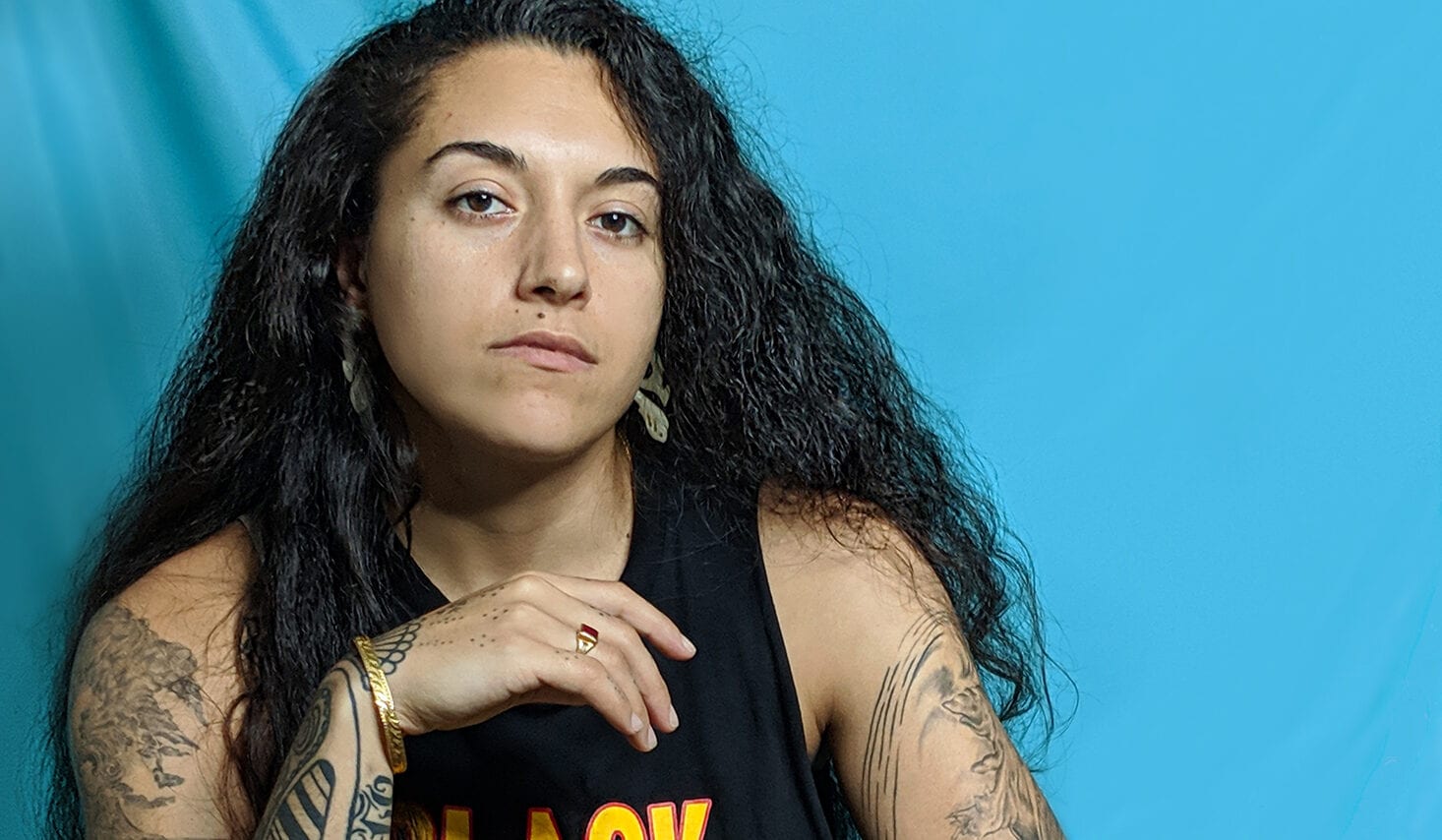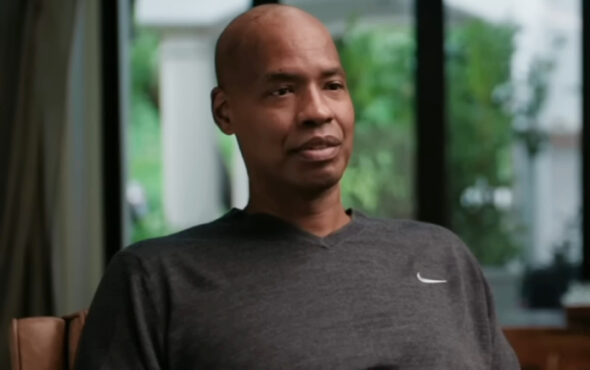
Bay Area based educator, activist and poet Asha (meaning wish or hope in Sanskrit) Sudra first came to my attention when I watched her Ted Talk, which brought a depth and realness that I rarely see in combination to such an extent and when I do, I’m always drawn in. We’ve a shared connection as South Asian queer women of the diaspora and when she asked me to write the foreword for her new book, I was honoured. It’s a workbook to help manage your mental wellbeing and I dedicated my time to working through it before responding with a resounding HELL YEAH!
Mental health is big on the agenda right now and should be. This is an immensely challenging time and we’re all struggling with our mental health in one way or another. As LGBTQ+ and BIPOC people, we may be more challenged than most and may not have the support systems in place to help us. This is why this workbook is so refreshing. It gives you a series of tools to self-manage your mental wellbeing. Accessing disciplines from Cognitive Behavioural Therapy (CBT) which some of you may be familiar with and Dialectical Behavioural Therapy (DBT) as well as meditation practices, this is a powerful resource where East meets West to provide a menu of tools to help you feel better.
I spoke with Asha to get to the crux of why she does what she does.
Where is home for you?
“Making art that is based on my cultural roots is how I make sense of what home is. I was listening to hip hop not Bollywood growing up, which is what got me writing and performing poetry. Me discovering poetry was a way to get my shit out, cos I was quite closed. And when I performed, it was all about justice.”
Having watched your Ted Talk, I get the sense that justice is innate for you, but what was the turning point to make this desire for justice your work?
“Taking classes from Angela Davis at the University of Santa Cruz were life changing. When I see people being treated unfairly it pisses me off. When I learned it’s a path that I can go down, I never looked back. Also I think when we’re trying to tap into the spiritual; a sense of home, I’m drawn to what tribalism looked like in Gujarat before Aryan invasion.”
Asha’s family are from Gujarat in India and like many Indians moved to Uganda before being forced to leave by Idi Amin and fleeing to the UK. From here her mum left for an arranged marriage in Los Angeles. However the marriage was violent and unlike most Asian women of that generation in abusive marriages, her mum left and divorced her husband. She then met a Jewish guy and got married and Asha was born. The fight that her mum had to do things her way has been passed down to Asha who, as a queer BLM activist and teacher, has taken the fight even further.
She talks about displacement as a mixed kid from an outcaste family that has moved around a lot and home has been hard to place. But what has remained is the trauma of the generations before her that have lingered in her body through a crippling stomach disorder and pre-existing and subsequent mental health challenges. Working with kids she’s been able to provide support as well as identify what they need, which has all fed into the book which is for adults and also teens of 13+.
When one of her students back in 2009 was held at gunpoint and she talked down the gunman and then spent time counselling the kids, she realised her path was in helping teens. The tools she’d accessed to help her own wellbeing is what she’s been able to pour into her work. “There are different modes of expression for different types of learners, whether a diagram or exercise, or a meditation or comic or poem,” she says.
What are your hopes for the book?
“I got the opportunity to sit and talk with Shaun King. I asked him when do you know when to take a break and just stop. How do you know when to do that? He looked at me with certainty and said ‘The system is banking on you dying, killing yourself or burning yourself out and giving up. So take the day off.’ So if I can get past the concept of productivity, how am I using my time? Well, sometimes it’s just this.
“Some things I know I’m pushing down. Some things I’m completely unaware of that I need to deal with. How do I even begin to unpack this? How do I begin to unpack why I’m so upset. In the book I discuss that anger is a secondary emotion. So what the fuck is the first emotion? Until I read that research I didn’t realise that. I was so angry all the time and had to look deeper.
“What does it look like to take the day off? To be more intentional about the questions we ask ourselves so we can truly be real about where we’re at? I hope the book encompasses the spectrum of the society that we live in as well as the spectrum of emotions that we experience. My hopes for the book are that someone like my brother who has never been to therapy, that the book will provide the access point. An opportunity to ask yourself what does taking a day off look like. Checking in with yourself instead. And that is not actually even taking the day off. It’s also necessary work.”
For more about Asha and her book, head to ashapoet.com


